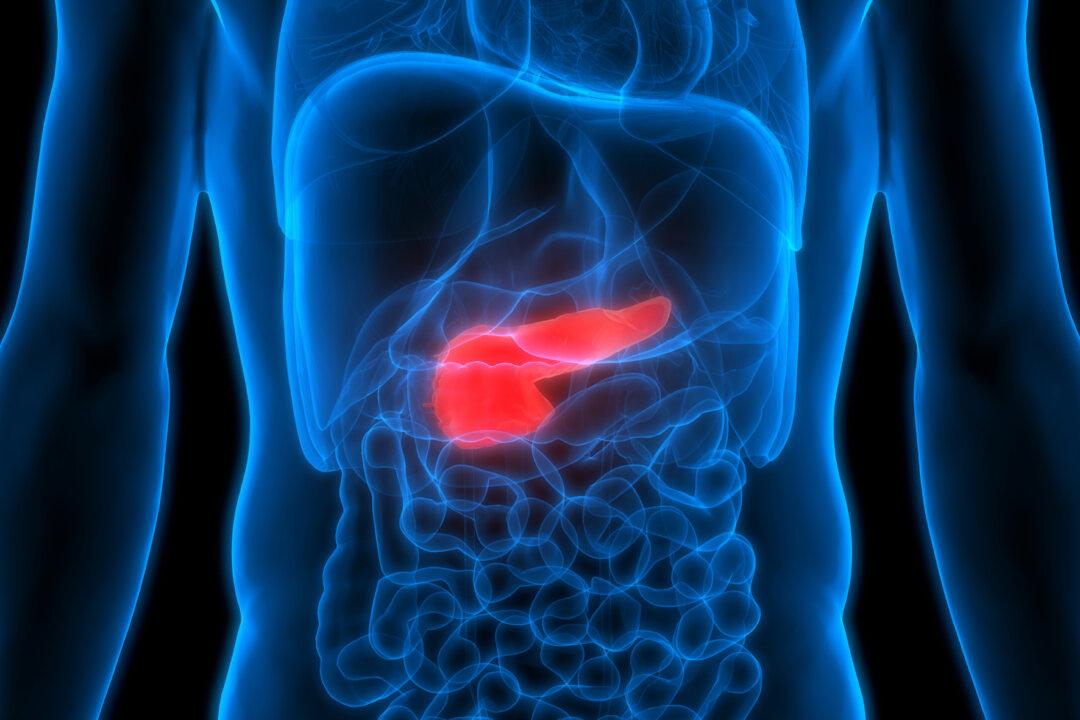The “atypical” symptoms of diabetes are becoming more and more common, and they are not easily detectable or identified as being a symptom of diabetes. As such, many people don’t know they have diabetes until complications occur. Diabetic complications can be serious and deadly, and they should not be ignored.
According to the World Health Organization’s 2021 report, one in 17 people worldwide have diabetes.





